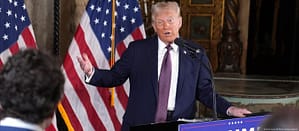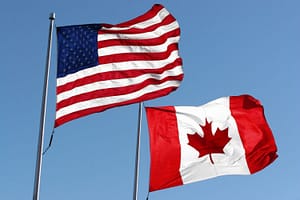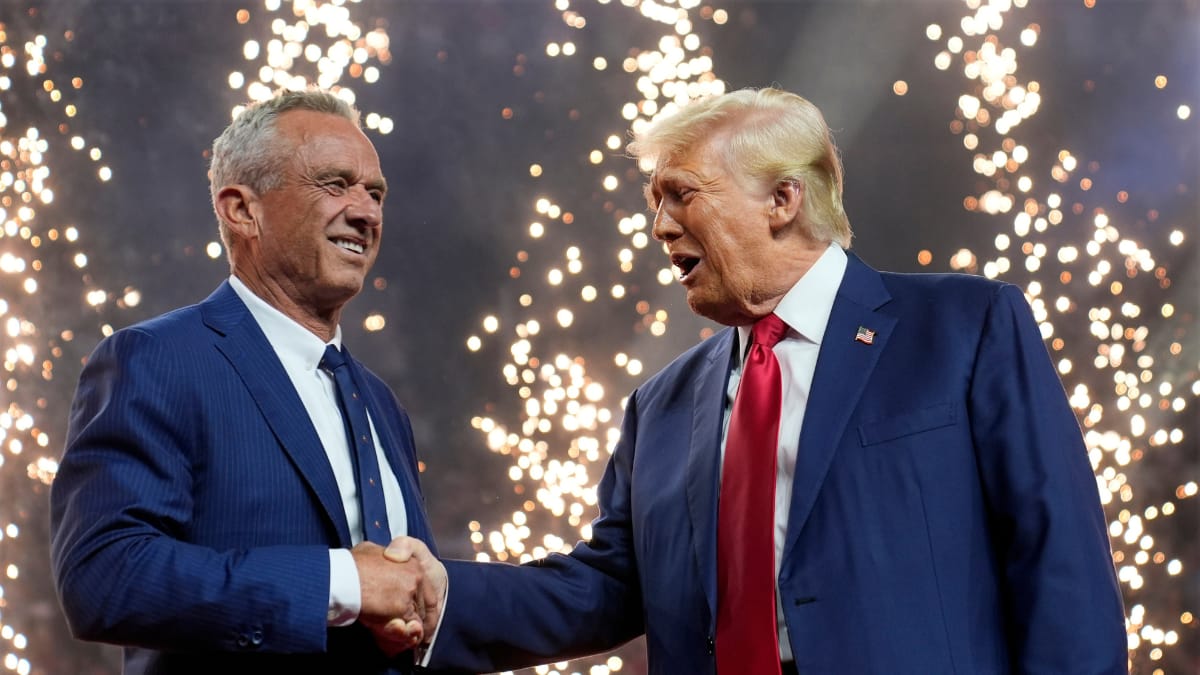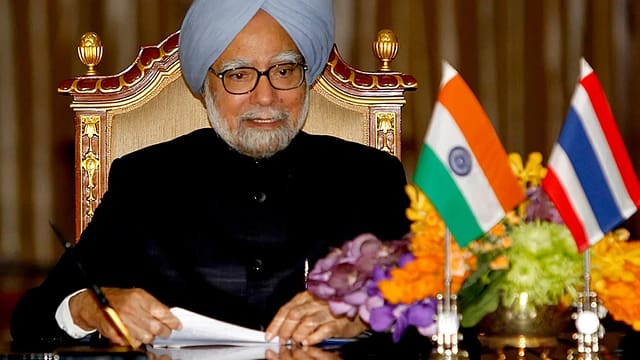In an eyebrow-raising twist, U.S. President-elect Donald Trump has chosen prominent anti-vaccine activist Robert F. Kennedy Jr. as his Secretary of Health and Human Services. Known for his controversial views on vaccines, Kennedy has frequently challenged the scientific consensus, asserting links between vaccines and conditions such as autism—a claim that has been widely debunked by health experts.
Announcing the appointment on his Truth Social platform, Trump claimed Kennedy would “end the Chronic Disease epidemic” and work to “Make America Great and Healthy Again.” Trump went on to criticize the “industrial food complex and drug companies” for “misleading the American public,” signaling a clear intention to disrupt the health sector with Kennedy’s leadership.
Kennedy, who formerly vied for the Democratic nomination against Joe Biden and later ran as an independent, pivoted to support Trump in the 2024 election in exchange for the health portfolio. The two campaigned together in the final weeks, presenting a unified front with a shared mission to “restore health” in America. Kennedy, expressing gratitude on X, promised “to clean up corruption” and to ensure “transparency” in health data, emphasizing the need for individuals to make “informed choices.”
The nomination, however, has already stirred controversy. Kennedy’s past statements against vaccine safety and support for now-discredited health theories have led many to question how his role as health secretary could impact public trust in agencies like the CDC and FDA, which he would oversee. Critics are concerned that Kennedy’s approach might clash with evidence-based science, creating potential friction in a department that relies on data to guide public health policies.
As Trump and Kennedy gear up for what they call a “generational opportunity” to reshape American healthcare, observers are left wondering if this health revolution will rely on evidence or rhetoric. The duo’s stated goal to “Make America Healthy Again” has sparked a mix of intrigue and concern among public health experts, who foresee a turbulent chapter for health policy in the United States.



















